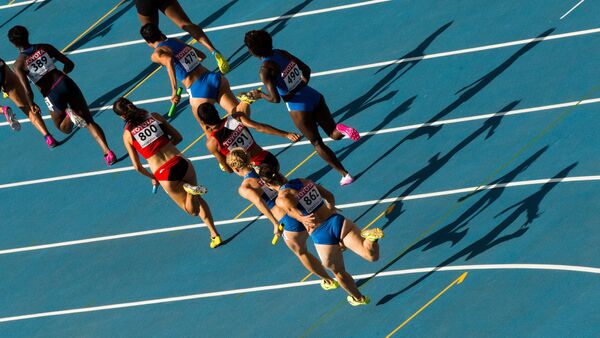According to a review of the database carried out by top anti-doping experts, more than 800 athletes named in the files recorded dubious blood test results which the experts described as "highly suggestive of doping or at the very least abnormal."
Doping expert Michael Ashenden, who reviewed the data, said that athletics is in "the same diabolical position today that professional cycling was in 20 years ago," while fellow expert Robin Parisotto said that "athletes appear to have doped with impunity," and slammed the IAAF for allowing doping to become so widespread.
The World Anti-Doping Agency said it was "very disturbed" by the allegations, which "require swift and close scrutiny."
The analysis of the database revealed that at the last Summer Olympic Games held in London in 2012, ten medals were won by athletes who had received suspicious test results.
"In one event the entire podium was comprised of athletes, who in my opinion had most probably doped at some point in their career," said Ashenden.
Though the damaging revelations cast a cloud of suspicion over international athletics/on many top athletes, the database reveals that some track stars such as Mo Farah, the current Olympic, World and European champion in the 5000 and 10,000 meter races, and Jamaican sprinter Usain Bolt, the fastest person ever, recorded no abnormal test results.




